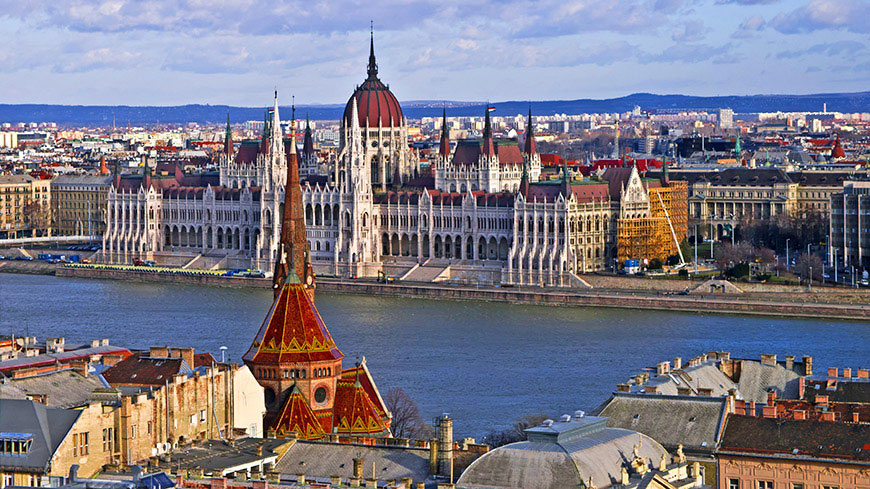In a new report the European Commission against Racism and Intolerance (ECRI) welcomes positive developments in Hungary since adopting its last report on the country in 2015, but many issues raise concern.
ECRI praises the adoption of a police hate crime protocol in 2019, which aimed at enhancing hate crime investigations, including through the appointment of ‘mentors’ at each local police unit. Furthermore, the authorities have made significant efforts to improve Roma inclusion through the National Social Inclusion Strategy, supplemented by further actions, such as the “Emerging Settlements” initiative. ECRI is also pleased that serious efforts were made to offer protection and support to people fleeing from the war in Ukraine.
Despite these developments, the ECRI report, which covers the situation in the country until 30 June 2022, expresses concern over other important issues, such as the adoption of restrictive laws and legislative changes that seriously undermine the human rights of LGBTI people, in particular during the period of “state of danger” (associated with the Covid-19 pandemic), and of asylum seekers.
According to the report, political and other public discourse in Hungary has become “increasingly xenophobic” and has taken on “highly divisive and antagonistic overtones” in recent years, especially targeting refugees, asylum seekers and migrants, Muslims and LGBTI persons. The report thus strongly encourages public figures, including political leaders on all sides, to take “prompt, firm and public” stances against the expression of racist and LGBTI-phobic hate speech.


